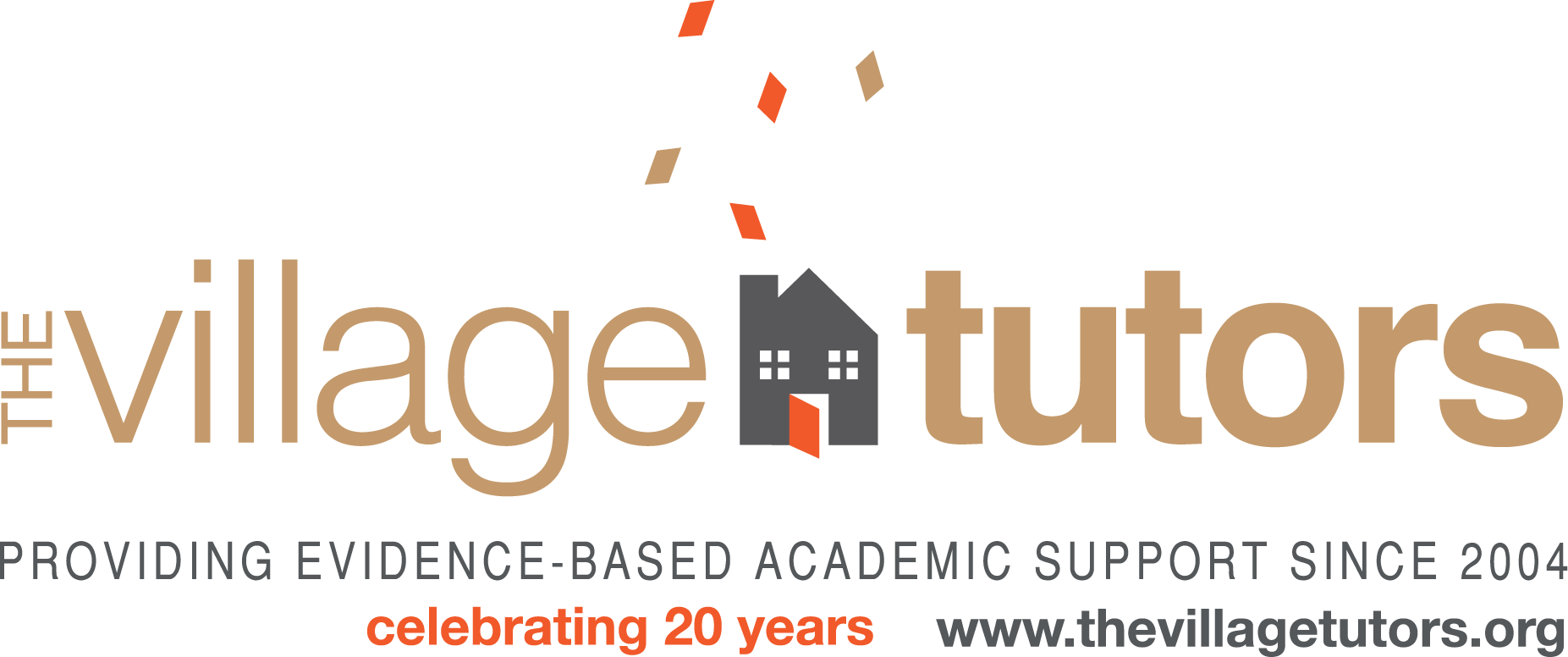|
Every day, our students have the opportunity to start fresh. But for some, the symbolism of “new year, new start” is appealing. Harness the draw of setting intentions for self-improvement through New Year’s resolutions!
If your student struggles with procrastination, they are not alone. The problem is that this habit can be a hard one to break, and it promises to follow them throughout life unless there’s a change. So, here are our tips for how you can help your student break procrastination habits: Acknowledge personal limitations & set intentions First, let’s set the record straight: procrastination does not necessarily equal laziness. Procrastination occurs when the individual choses to prioritize other tasks over something else they know they should be doing. There may be many factors contributing to procrastination—abstract goals, anxiety, overwhelm, task aversion, perfectionism, learning differences, just to name a few. Understanding your student’s procrastination trigger(s) can be helpful in curbing the habit. For example, if your student is overwhelmed by academic obligations, hold time and space for alternative activities to create balance. Setting intentions is another great way to identify goals. Make sure they are truly achievable based on your student’s limitations. If they are easily overwhelmed, create a daily list with 4-5 manageable tasks. If they struggle with anxiety, set a daily intention that includes a self-calming and awareness activity between tasks. Minimize distractions Make sure there is a dedicated space that is: -Clean -Uncluttered -Fully-stocked with supplies -Includes minimal distractions Your students’ workspace should be fully functional without compromising what we might call “motivational flare”. While it’s important to have minimal distractions in the immediate workspace area, we do know that some students need the reprieve of nearby art or sensory-activating items to inspire and boost creativity. Front-load the day For some students, their attention and motivation seem to dwindle in the last half of the day. Some research indicates that our minds are capable of being at their most focused in the morning—especially after sufficient sleep and nutritious fuel. Even a brief 15-30 minutes of exercise can help. Harvard Medical School’s journal has stated that exercise causes the brain to secrete a chemical called neurotrophic factor, which can boost brain function. This may not work for every student, but here’s a sample morning routine for optimal productivity: 1) Wake (after 8-10 hours of sleep) 2) Drink 8 oz. of water 3) 15-30 minutes of light exercise (walk, yoga, stretching, dancing, etc.) 4) Eat a balanced, nutritious breakfast (opt for “whole” foods and avoid highly processed or sugared foods) 5) Set out to achieve 1-2 “top priority” goals for the day in a comfortable environment with minimal distractions before the lunch hour Reward system Sometimes the “reward” for a certain task is too far into the future for it to be immediately motivating. For instance, a college diploma is a wonderful reward for collegiate coursework…but for the junior in high school, it may not carry the motivational weight needed to study harder for those ACTs. Consider a short-term reward system that’s personalized to your student’s learning style. Remember, the line between reward and bribe can be very thin. In selecting a reward system that works for your student, you’ll need to: 1.Set the Goal – what is the measurable behavior or result you’re hoping to achieve? 2.Choose the Reward – we recommend letting your student participate in choosing rewards. Have them create a list of ideas. Then, as the adult overseeing the reward system, you still have the final word on what the reward is! 3.Set clear intentions & reward early – Just like in the case of feedback, rewards should be given in a timely manner once earned. 4.Curb dependence on rewards – make sure your student is learning intrinsic motivation and does not become dependent on rewards. You can do this by lessening the rewards over time. Raise your expectations for your student’s achievements in order to receive the same reward. --- Need more help? Our team of tutors have had incredible success with our highly-personalized approach to executive function skills building. Learn more about our approach and the programs we use to help students who struggle with procrastination: https://www.thevillagetutors.org/executive-function-skills.html |
Archives
June 2024
|
Website by RyTech, LLC


